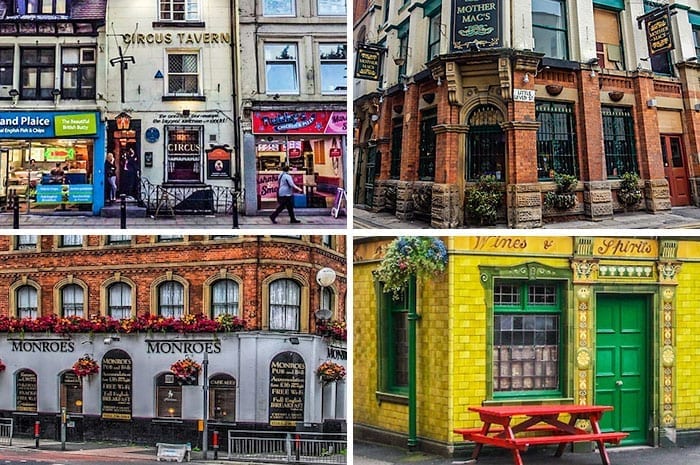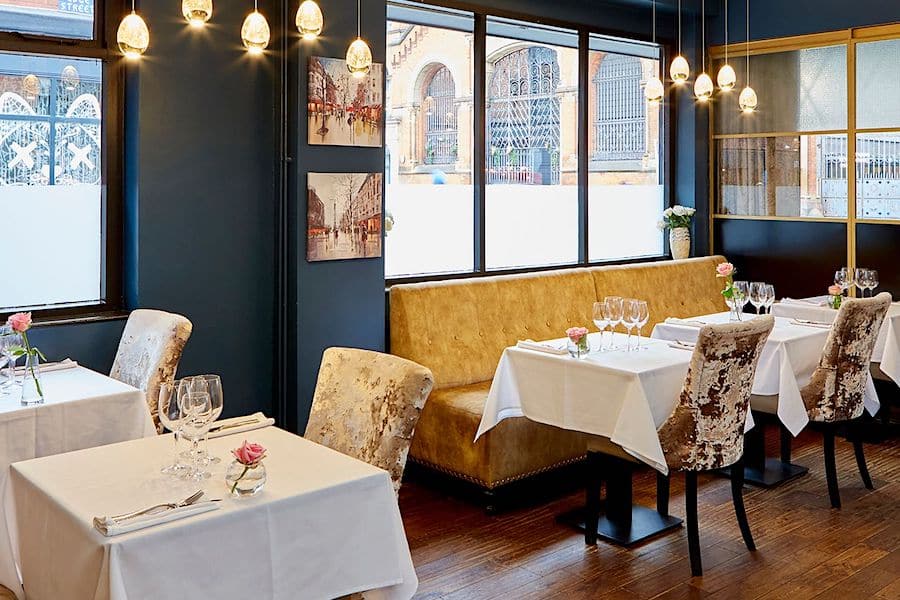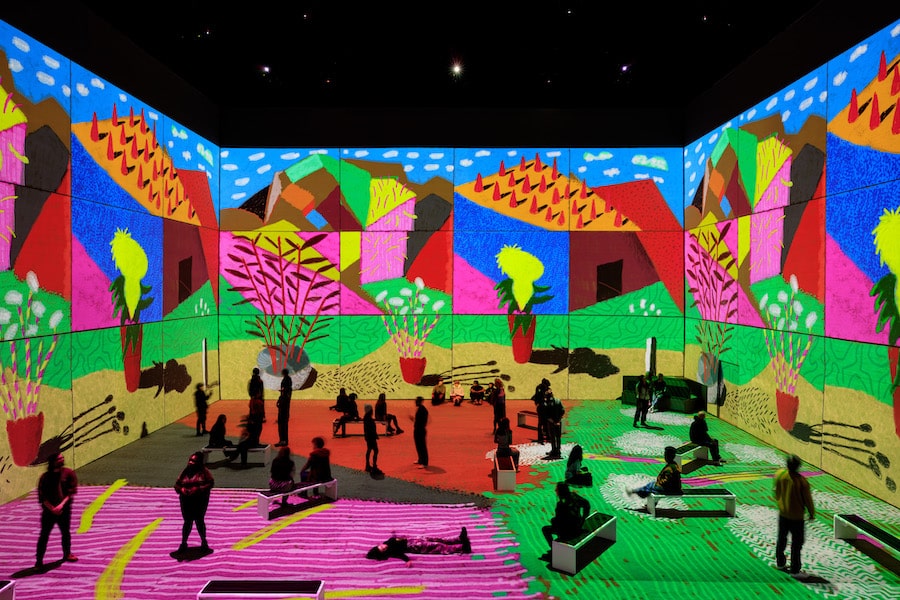Salford’s new sustainable marvel is the largest in Europe
- Written by Thom Bamford
- Last updated 1 year ago
- Art & Design, City of Salford
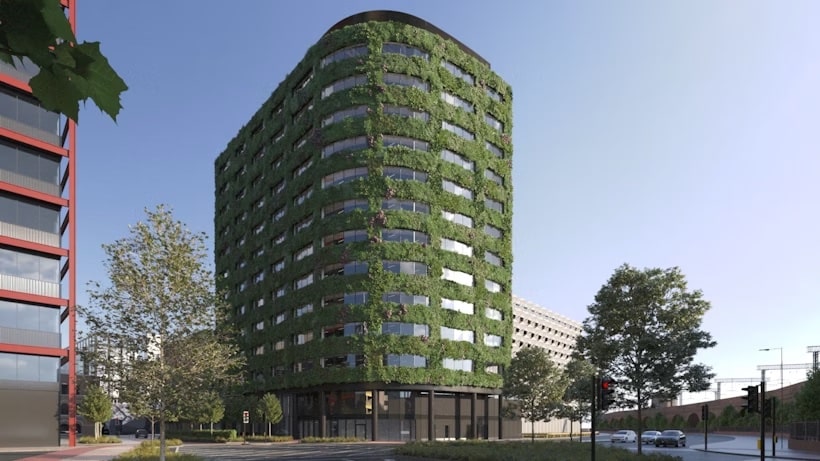
Greater Manchester is no stranger to being at the forefront of innovative new ideas – and Eden is at the cutting edge of green buildings and technology.
The new building, Eden, at the New Bailey in Salford is one of the most eco-friendly in Europe, with over 350,000 plants built into its walls.
The £36 million, 115,000 sq ft 12-storey office building, developed by The English Cities Fund (ECF), has now been completed.
With the highest NABERS UK Design Reviewed Target Rating for new-build development in the UK to date and the largest living wall in Europe, Eden is one of the UK’s most sustainable office buildings, designed using the UK Green Building Council’s 2030 – 2035 standards and with the capability to run on 100% renewable electricity.
Eden At New Bailey
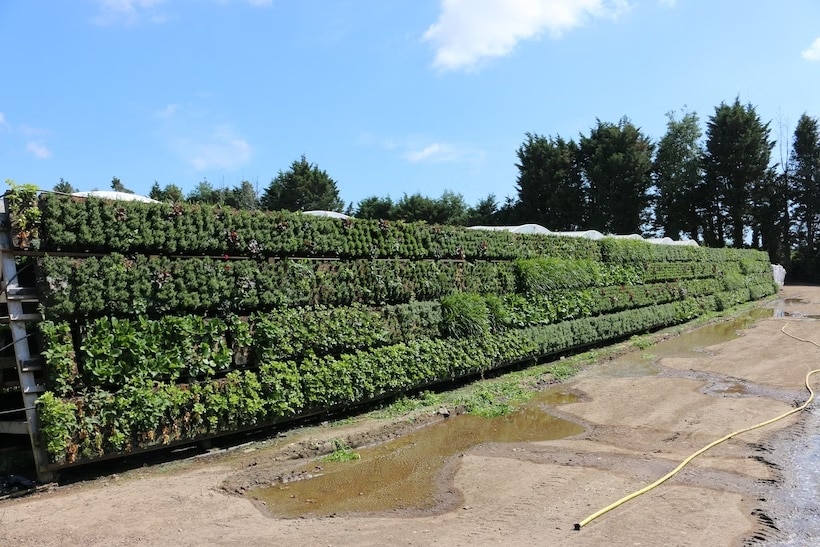
We delve into why this awe-inspiring living wall should be a source of civic pride for Salfordians.
Developed on a former derelict surface car park, Eden demonstrates the potential harnessed by ECF (a development company set up by urban regeneration specialist Muse, Homes England, the Government’s housing and regeneration agency and investors Legal & General) to transform urban areas and create exceptional new places.
With over 350,000 plants representing 32 different species adorning its curved façade, this remarkable structure is not just a building; it’s a living, breathing commitment to a greener future for our kids.
Award-winning excellence with Eden’s design
Eden at New Bailey has already received accolades that underscore its exceptional sustainability features.
WiredScore Platinum and BREEAM Outstanding certifications have been bestowed upon this eco-friendly marvel, highlighting its dedication to cutting-edge technology and eco-conscious design.
Featuring an incredible 350,000 plants on its living wall, it’s at the vanguard of environmental responsibility.
Starting as young plugs no bigger than a thumbnail, these plants have been nurtured and cultivated over six months at a nursery in West Sussex.
This approach not only saved costs but also ensured the plants’ resilience, making them better equipped to thrive in their new home.
Supporting local biodiversity and removing toxins
Set to be completed in May 2023, the living wall uses natural soil over hydroponics and thus provides several environmental benefits to its local Salford area.
These include a significant increase in biodiversity, providing habitats for various wildlife, removing toxins from the atmosphere, and improving the building’s thermal performance.
Each species of plant has been specially to fulfil a purpose, whether that is supporting local biodiversity or improving air quality.
Here are some of the plants included in the wall are:
Thymus vulgaris (English Thyme) – good for air quality (hairy leaves, better for air purifying)
Hypericum Hidcote (St John’s Wort) – a source of nectar and berries for birds
Hyacinthoides non-scripta (Bluebell) – early source of nectar
How Eden is boosting biodiversity and cleansing the air
The living wall at Eden goes beyond aesthetics; it’s a green oasis that provides a host of environmental benefits to Salford and the broader Manchester area.
Natural soil is used over hydroponics, fostering biodiversity, providing habitats for local wildlife, removing toxins from the atmosphere, and enhancing the building’s thermal performance.
Each plant species plays a unique role, from improving air quality to serving as a source of nectar and berries for birds.
Breathing life into Salford
Phil Marsden, Managing Director North West for Muse, comments: “Watching Eden emerge on Salford’s skyline over the last two years has been an incredible journey. What started as an ambition to build the UK’s most sustainable and environmentally considerate commercial building became so much more. We take our learnings from Eden onto our future projects where we strive to do even better. Everyone involved in Eden should be incredibly proud.”
Salford City Mayor, Paul Dennett, adds: “With its pioneering sustainability credentials and incredible façade, Eden isn’t just a local legend, it is a national icon, that we are truly proud of. It’s a beacon of our city’s carbon neutrality commitments, it provides a blueprint for the future for the construction sector and is another bold testament to our city’s reputation for innovation. This unique building and the positive visual impact it has had on the city’s skyline is a reflection of the inspiration and drive we have in Salford to think differently and innovate to make Salford a cleaner, greener, healthier place to live and work.”
Stuart Fraser, lead architect, Make, added: “We were so thrilled to get the 5.5-star NABERS Design Reviewed Target Rating, which is such a simple and robust system for office developers to really know what their buildings can achieve operationally. Alongside that, we’ve exceeded the UK Green Buildings Council’s 2030–2050 office base-build energy performance target, achieving 41kWh/m2/yr – a high target when compared with the NABERS targets of 55kWh/m2/yr for 5.5 stars and 35kWh/m2/yr for 6 stars – and we’re set to achieve BREEAM Outstanding and WELL Platinum.”
Greater Manchester’s air quality stands to benefit significantly from this innovative project, making it a source of pride for the entire city.
Eden: where sustainability meets well-being
Developed by The English Cities Fund and Muse Developments, Eden at New Bailey is a pioneering project that allows companies to showcase their commitment to the planet.
Sustainability and well-being are not afterthoughts but integral components of this remarkable development.
You can find out more about Eden on their website by clicking here
- This article was last updated 1 year ago.
- It was first published on 6 September 2023 and is subject to be updated from time to time. Please refresh or return to see the latest version.
Did we miss something? Let us know: [email protected]
Want to be the first to receive all the latest news stories, what’s on and events from the heart of Manchester? Sign up here.
Manchester is a successful city, but many people suffer. I Love Manchester helps raise awareness and funds to help improve the lives and prospects of people across Greater Manchester – and we can’t do it without your help. So please support us with what you can so we can continue to spread the love. Thank you in advance!
An email you’ll love. Subscribe to our newsletter to get the latest news stories delivered direct to your inbox.
Got a story worth sharing?
What’s the story? We are all ears when it comes to positive news and inspiring stories. You can send story ideas to [email protected]
While we can’t guarantee to publish everything, we will always consider any enquiry or idea that promotes:
- Independent new openings
- Human interest
- Not-for-profit organisations
- Community Interest Companies (CiCs) and projects
- Charities and charitable initiatives
- Affordability and offers saving people over 20%
For anything else, don’t hesitate to get in touch with us about advertorials (from £350+VAT) and advertising opportunities: [email protected]

Fast, fierce and unmissable: Manchester Thunder are bringing Netball like you’ve never seen it before!


Review: Girl on the Train at LOWRY is a’ tour de force in psychological drama’
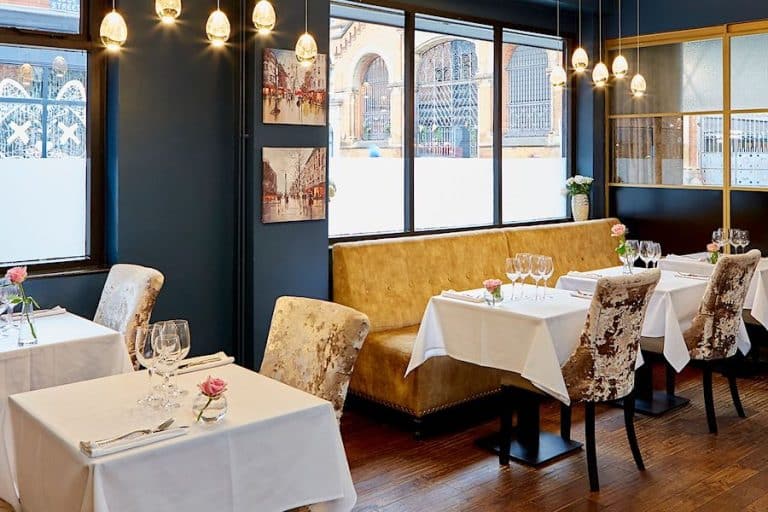
Where the Michelin Guide recommends to eat in Manchester







